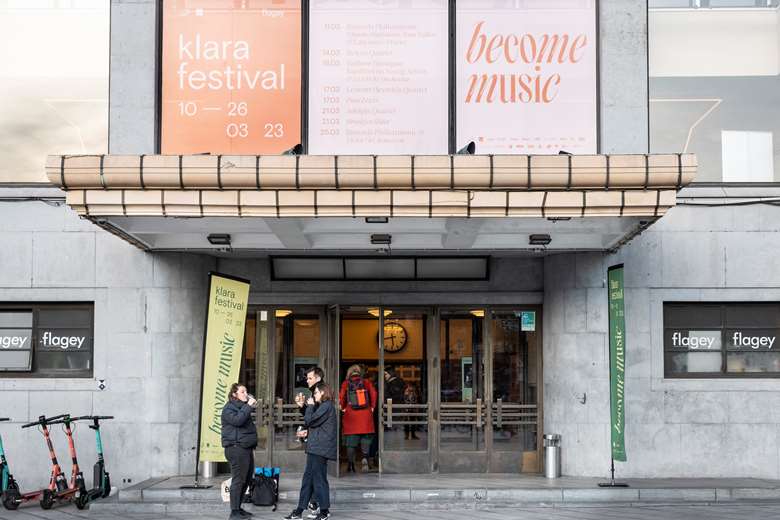Brussels welcomes spring with Klara Festival
Simon Mundy
Wednesday, April 5, 2023
Simon Mundy samples Brussels' highly adventurous mix of venues, genres and artists


Register now to continue reading
Don’t miss out on our dedicated coverage of the classical music world. Register today to enjoy the following benefits:
- Unlimited access to news pages
- Free weekly email newsletter
- Free access to two subscriber-only articles per month